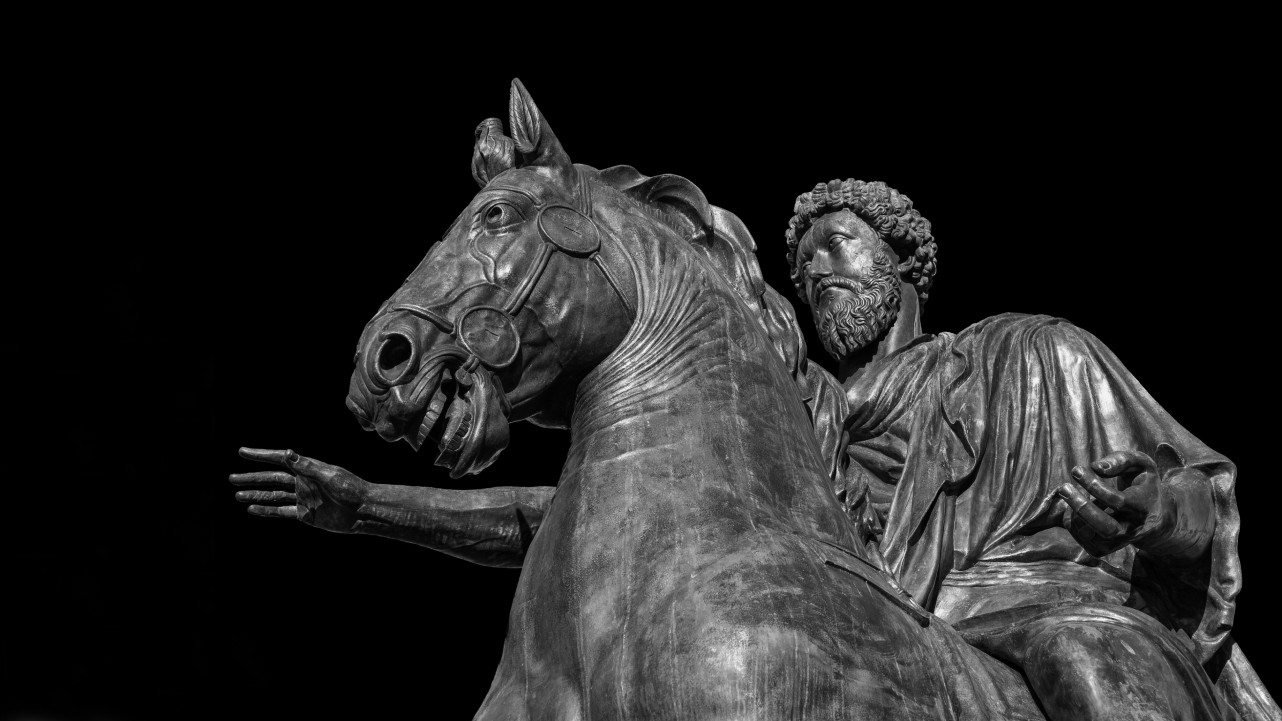What defines good political writing?
Gabriel Sherman: There is a mass of the daily coverage which is . . . And this is another point that people like to debate – that is political writing too focused on the horse race – the who’s up; the who’s down; who’s raised the most money. To some extent I think that’s a very natural kind of reporting. I think it gives the beat reporters a framework, and I also think that’s a very large part of the political process.
Who’s up and who’s down? Who is raising more money? I mean money is just a reflection of how much that message is resonating. And so I have no problem with that type of coverage.
The coverage that I like, or that I feel illuminates the candidates in a deeper sense are the pieces that step back and either explore a theme or get deeper access to a candidate that takes you beyond the daily sort of the constant messaging that happens in a campaign and really tries to explain in a deeper sense what the candidate, who they are as a person; how their campaign is a reflection of their sort of deeper self.
Gabriel Sherman: It’s hard to know. I have a biased sample because living in New York and having a lot of friends who are journalists, I think I’m somewhat in the media bubble. But I know just my own experience, the pieces that stick with me long after I have read everything I can about the daily coverage or the . . . you know the deeper, more probing, longer pieces.
Recorded on: February 8, 2008





